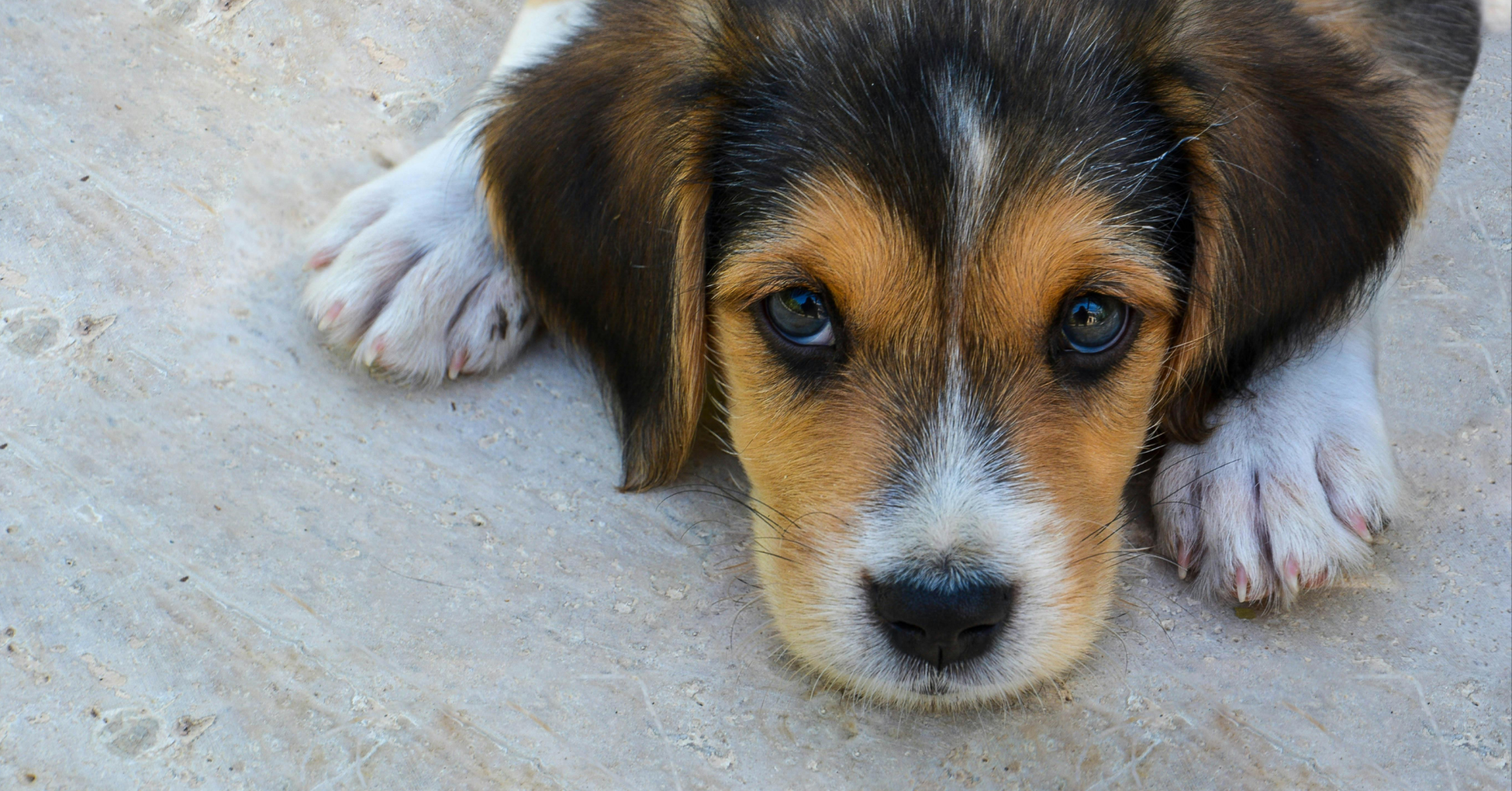
The USDA Doesn’t Even Require Veterinarians to be Licensed
Why This Matters: The public is told that USDA oversight ensures animal welfare. But if the USDA doesn’t even require veterinarians to be licensed, then we can assume the entire framework of animal care standards is a lie.
The USDA requires each breeding and research facility it oversees to appoint an “attending veterinarian” responsible for providing “adequate veterinary care” to their animals.
But, almost unbelievably, that veterinarian need not be licensed to practice veterinary medicine.
Federal regulations allow individuals to wield authority over the “care” of thousands—even tens of thousands—of animals without ever having passed the veterinary boards or being subject to professional oversight.
In practice, this can mean:
- A vet school graduate without a license to practice can serve as the attending veterinarian at a USDA-regulated facility—making decisions for and performing procedures on thousands of animals that they could not legally perform on a single animal almost anywhere else.
- A veterinarian stripped of their license for improper or incompetent practices—even those that cause significant animal suffering—can still check the “veterinarian” box at USDA-regulated facilities.
This also means that the recent emergency suspension of Ridglan’s lead veterinarian by state authorities doesn’t automatically trigger any federal consequences—or prevent that same veterinarian from continuing as Ridglan’s “attending veterinarian.”
But it should. And, we’re making that case.
After the Wisconsin Veterinary Board (VEB) suspended Ridglan lead vet Richard Van Domelen’s veterinary license for, among other offenses, unprofessional conduct and “[g]ross, serious, or grave negligence,” Rise for Animals and The Marty Project filed a new complaint with the United States Department of Agriculture (“USDA”)—urging the USDA to investigate whether Van Domelen’s conduct violated federal regulations pertaining to the adequacy of veterinary care and associated recordkeeping at Ridglan.

Because the USDA doesn’t require veterinary licensure, our complaint could not rely on Van Domelen’s suspension itself. Instead, our complaint asks federal authorities to examine the conduct that led to his suspension. Many of the state regulations cited by the VEB (as those previously cited by the Wisconsin Department of Agriculture, Trade, and Consumer Protection [DATCP]) appear to mirror or overlap with the federal regulations implemented pursuant to the Animal Welfare Act (“AWA”). State-level violations may, therefore, correspond to federal offenses—in other words, if Ridglan violated state requirements, it likely violated federal ones, too.
On that basis, Rise for Animals has asked the USDA to investigate, to enforce the law, and to terminate Ridglan’s license for violations of state, and likely federal, rules
In the meantime, Van Domelen’s suspension should bar him from providing “veterinary care” to the dogs Ridglan holds for breeding and sale—those individuals covered by both Ridglan’s federal Class A breeding license and state breeder license—because state law requires veterinary licensure for that work.
But, for the dogs held—or claimed to be held—under Ridglan’s federal Class R research registration only, Van Domelen’s suspension likely means nothing.
Though veterinary licensing laws supposedly exist to protect the public and animal health by ensuring that only qualified, competent individuals practice medicine, animals used for research are deliberately denied even this most basic protection.
Under Wisconsin’s veterinary practice act, “[e]mployees of an educational or research institution while engaged in research” are exempt from veterinary licensing requirements altogether. This means that, as long as Van Domelen is acting as an employee of a “research institution . . . engaged in research,” he may legally continue doing to Ridglan’s “research” animals the very things the state has formally declared him unfit to do to just about anyone* else and in just about any other circumstance. (*Some farmed animals similarly lack any protections.)
Not only does this create a major gap in oversight, but, chillingly, it creates a loophole that Ridglan appears primed to exploit.
Ridglan has already argued, repeatedly, that all of its dogs are “research” dogs. If it keeps toeing this line, what’s to stop the facility from allowing Van Domelen to continue acting as the veterinarian for every single animal Ridglan confines?

This is what “regulation” looks like in the realm of animal research—a system so hollow that someone deemed too inept and unethical to treat almost any other animal can still operate, license-free, behind the locked doors of a “federally regulated” lab.
Our new USDA complaint focuses on what the agency can and should do: investigate possible violations of federal law and terminate Ridglan’s Class A license.
But, we must also confront what the USDA can’t and won’t do.
It won’t force the removal of an unlicensed vet.
It won’t disqualify someone whose license has been suspended for causing illegal harm.
Because it was never empowered to do those things.
The USDA’s authority springs from laws and regulations that were never written to protect animals in the first place. Rather, they were written to protect the institutions that exploit them, while creating and maintaining the illusion of care to pacify public concern.
This doesn’t mean we stop demanding enforcement where the law allows it. But it does mean that, as we fight, we must never mistake regulatory action for justice.
Because justice, after all, can only be achieved in one way: through the liberation of all.
Your Call to Action: The USDA’s system may be broken, but you don’t have to sit on the sidelines while animals are exploited in the name of “science.” Join our movement now to free animals from labs.
Share this article on X or Bluesky.
Or copy, paste, and share this link anywhere else:
riseforanimals.org/news/unlicensed-vets